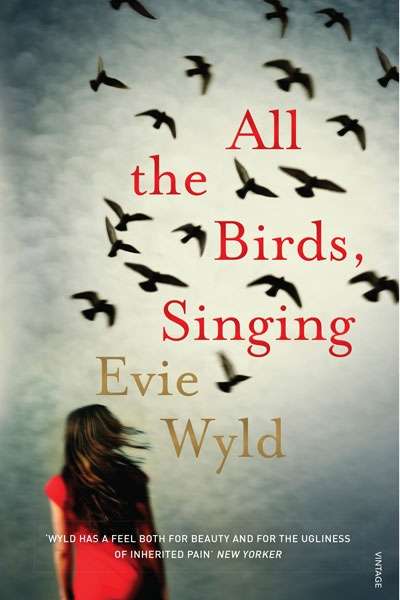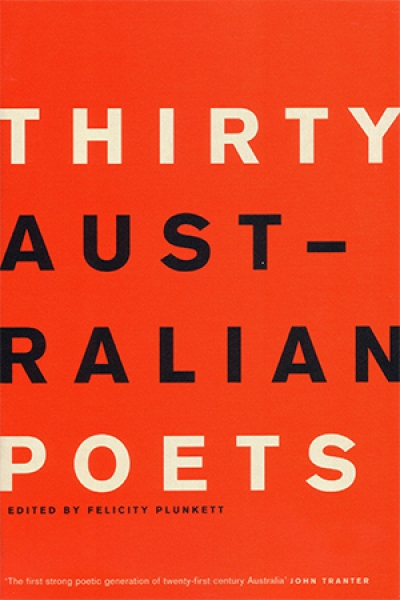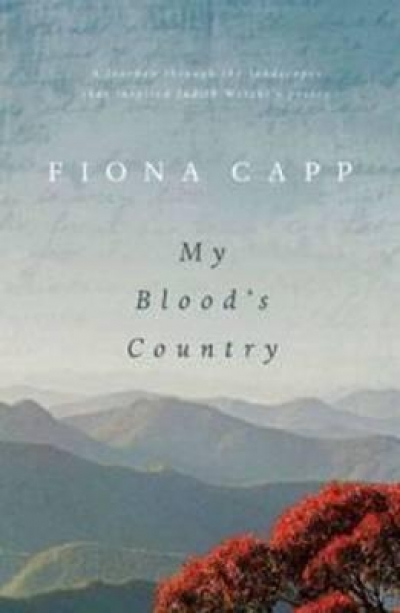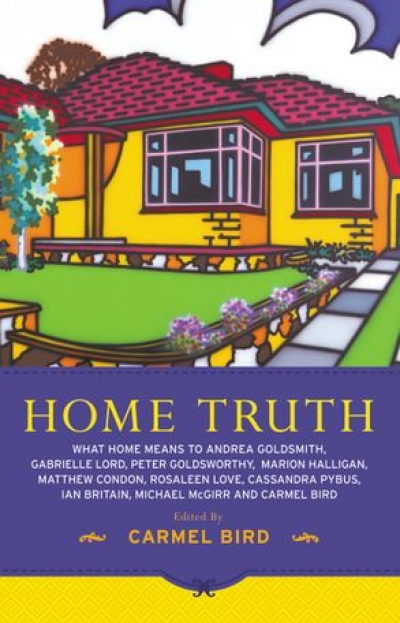Felicity Plunkett
'Yellow', a new poem by Felicity Plunkett. ... (read more)
In 2004 Carla Reed, a thirty-year-old kindergarten teacher, began to experience a cluster of mysterious symptoms. Bruises appeared and vanished ‘like stigmata’, and a numb headache and sudden exhaustion suggested that something was ‘terribly wrong’. Her pains were ghostly and mobile. When her doctors suggested migraines and prescribed aspirin, she demanded blood tests. She received a call to come back for more tests, and still recalls the urgency in the nurse’s voice. ‘Come now,’ Reed remembers her saying. ‘Come now.’
... (read more)Thirty Australian Poets edited by Felicity Plunkett
by Fiona Wright •
My Blood’s Country: In the footsteps of Judith Wright by Fiona Capp
by Felicity Plunkett •




